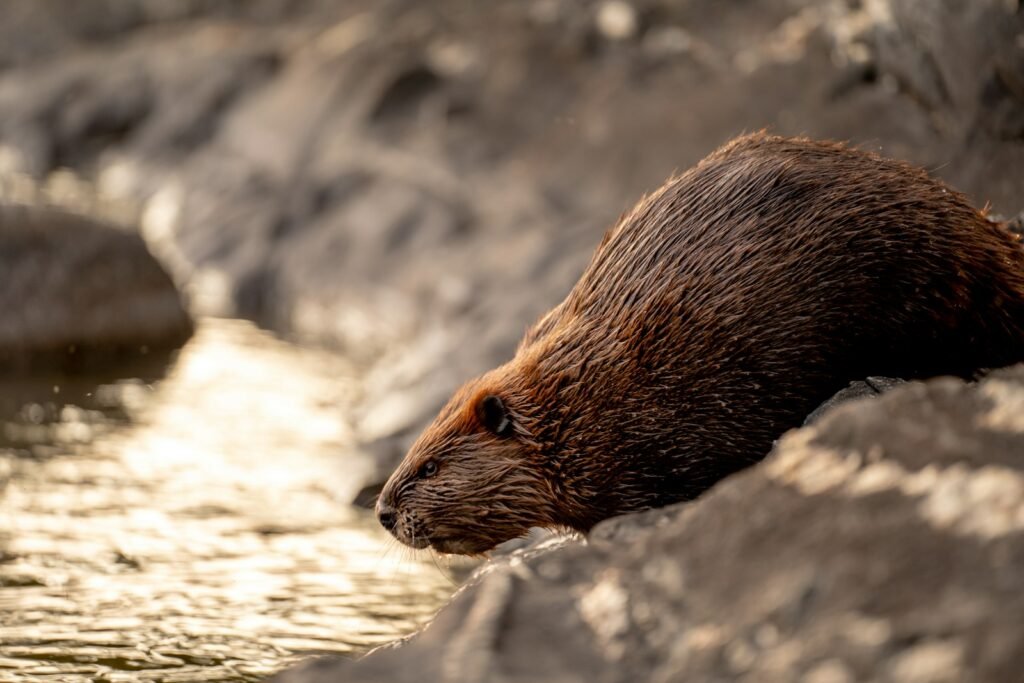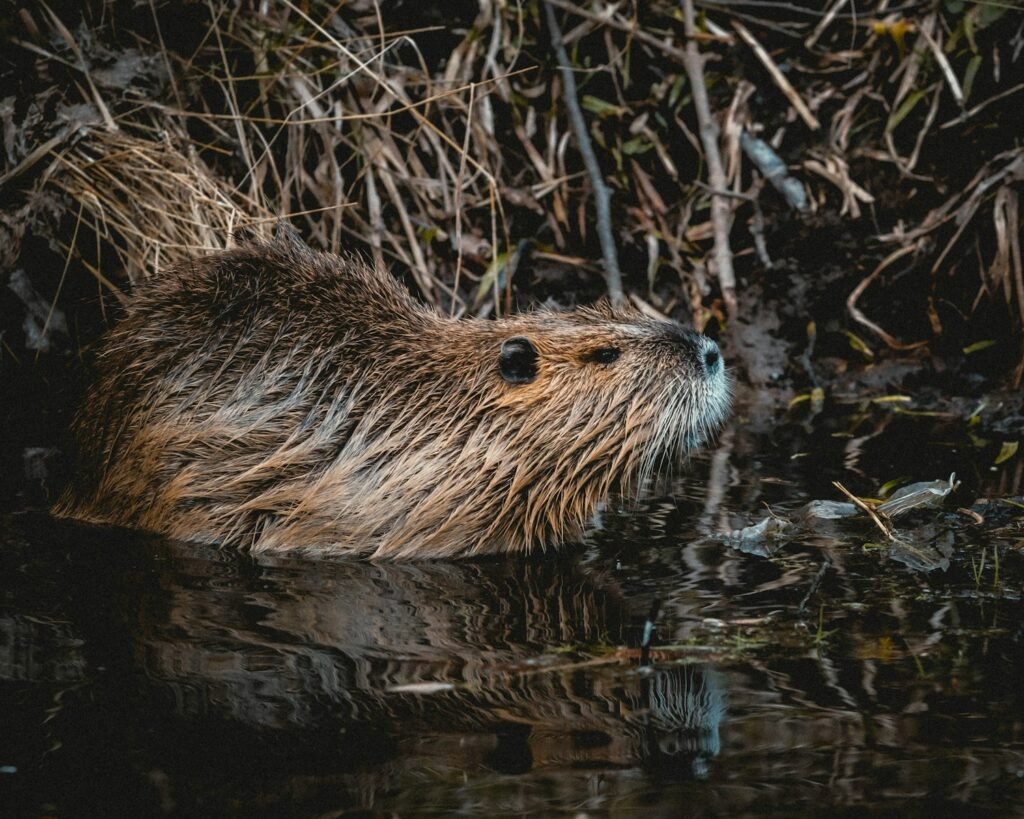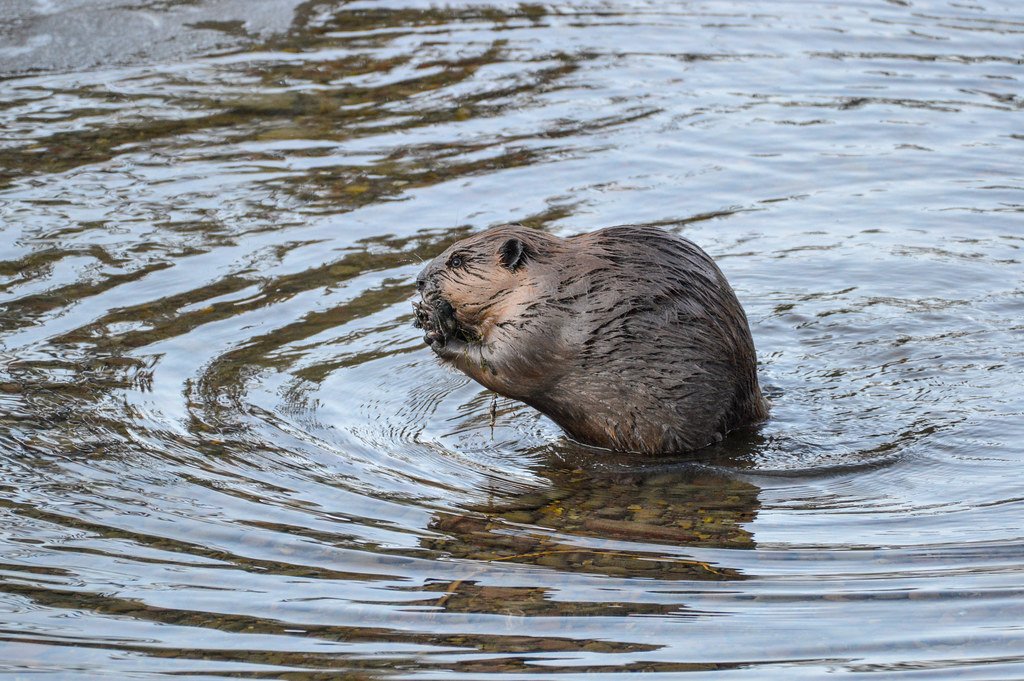In a major win for conservation, wild beavers have officially returned to the United Kingdom after being extinct for more than four centuries. Thanks to a groundbreaking reintroduction effort, two pairs of beavers are now thriving in Dorset’s Little Sea lake at Studland, Purbeck, BBC News reported.
The reintroduction marks an important step toward restoring natural ecosystems and supporting biodiversity across the country.
A “Watershed Moment” for Wildlife

The project was made possible through a collaboration between the National Trust and the Beaver Trust in Scotland, which provided the animals for the licensed wild release. The National Trust celebrated the successful effort, calling it a “real watershed moment in the history of the species.”
Following centuries of habitat loss and hunting that wiped them out, the return of the wild beaver symbolizes a hopeful shift in England’s relationship with its natural landscapes.
“Getting the wetlands back into our landscape is absolutely critical in restoring our ecosystems and making sure that they function efficiently—and making sure that we do not stay as the most nature-depleted country in the long term,” said Tracey Churcher of the National Trust at Purbeck.
Wild Beavers of the Past

According to NBC News, wild beavers were once the most abundant native rodents in Europe, however overhunting brought them to extinction in the United Kingdom. Hunters sought out their fur, meat and an oil that is secreted from their tail which was used in perfume and medical practices.
The Wildlife Trust notes that the loss of this charismatic species also led to the disappearance of the intricate network of lakes, mires, and boggy wetlands they once maintained. Their critical role in shaping and sustaining wetland ecosystems was irreplaceable—and their absence left a lasting impact on the landscape.
Beavers: Nature’s Ecosystem Engineers
Beyond their charm, beavers bring vital ecological benefits. Their dam-building activities help create wetlands, improve water quality, and provide important habitat for other species.
Churcher also emphasized that the beavers’ work could boost the health of nearby Poole Harbour by naturally filtering and improving the water. Along with assisting with water filtration, they also can reduce downstream flooding, reduce silt in the waterways and increase water retention.
According to the Wildlife Trust, thriving wetlands supported by beavers can also help lock away carbon—a growing concern as climate change continues to drive extreme weather patterns.
A Future Full of Possibility

With climate change and habitat degradation threatening wildlife worldwide, rewilding projects like this one offer a powerful example of how targeted conservation efforts can reverse the damage.
The success of the Dorset beaver reintroduction fuels hope for further wildlife restoration efforts across the UK—and reminds us that sometimes, giving nature a second chance can have remarkable results.
“We wanted to explore how you can get beavers back into a landscape without causing too many problems and we’ve shown that that can work,” said Mark Elliott, who led the trial in Devon. “From a wildlife point of view, the wetlands they create are invaluable. We are in the midst of an ecological emergency and they are a really good tool for creating lost habitats.”






